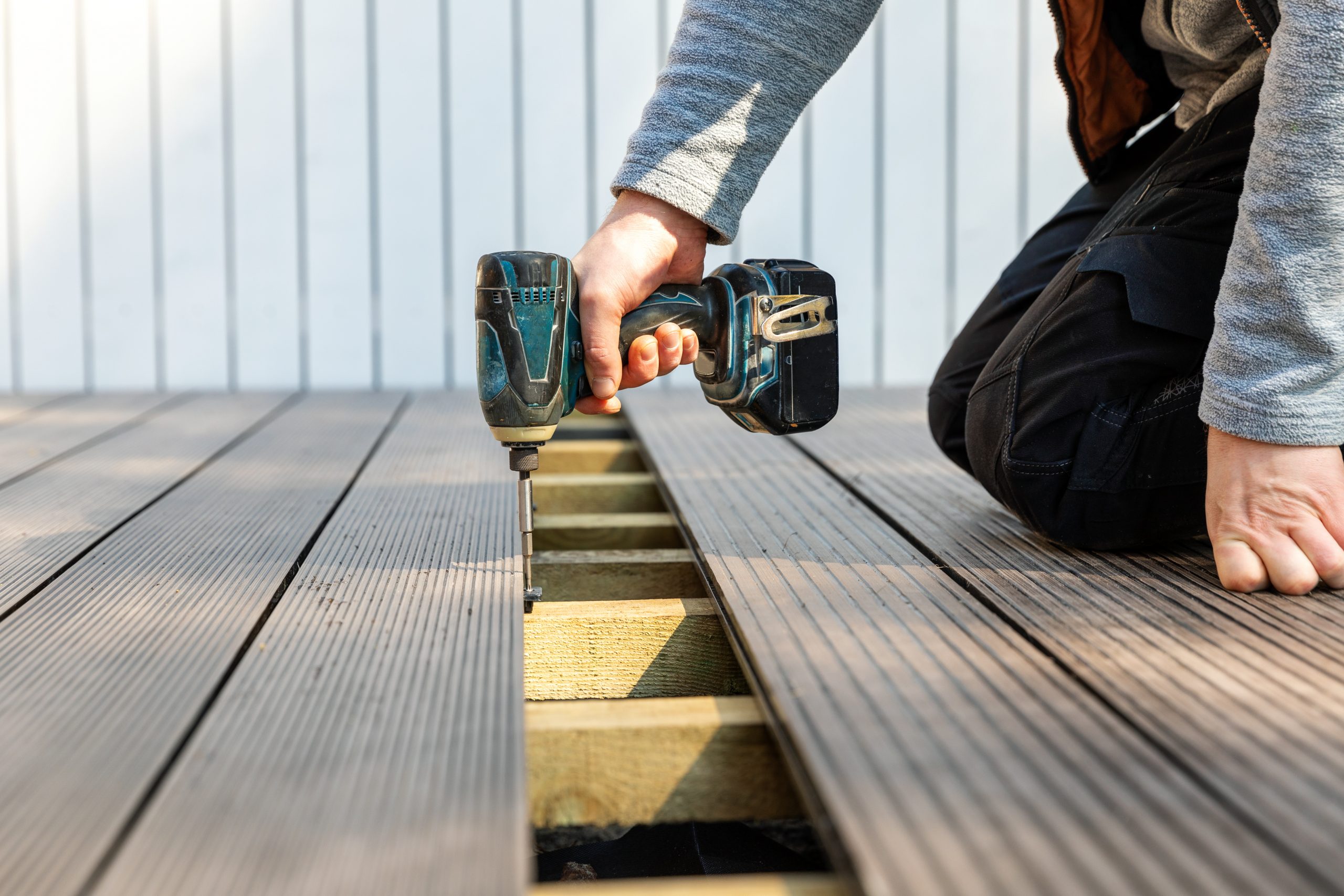
1. What is PVC flooring?
PVC flooring, also known as resilient flooring, commonly known as plastic flooring or rubber flooring, has a decades-long history in developed countries. Since entering the Chinese market in the 1990s, it has been widely adopted and used in industries such as commerce, education, medicine, factories, and home improvement. It has now become a mainstream flooring material in industrial applications.
2. Is PVC flooring a green product?
PVC flooring is a green product, non-toxic and pollution-free, with zero formaldehyde content. It is promoted as a green building material by the China Building Materials Distribution Association.
3. What is the difference between PVC flooring and leather flooring?
Leather flooring has only a multi-layer plastic structure and no wear-resistant layer. It is prone to aging, deformation, and static electricity, and is not fireproof.
PVC flooring is primarily made of PVC resin and consists of a multi-layer structure consisting of a UV layer, a wear-resistant layer, and an environmentally friendly base layer. Through a special process, it is waterproof, non-slip, elastic, antibacterial, silent, wear-resistant, fireproof, and flame-retardant.
4. What are the advantages of PVC flooring over ceramic tiles and stone?
Tiles and stone are very hard materials with smooth surfaces, which inevitably makes them feel harsh when walking on them and can easily cause slips when wet.
PVC flooring combines the strength of stone with the softness of organic materials, hence the name “elastic flooring.” It’s very comfortable to walk on and, because it’s “more astringent when wet,” prevents injuries even in the event of a fall, making it ideal for the elderly and children.
5.What are the advantages of PVC flooring over wooden flooring?
Solid wood flooring is expensive and easily warps when exposed to moisture. It also cracks and shrinks after drying, widening seams. If not properly maintained, it can also cause mold and insect damage.
In contrast, PVC flooring doesn’t expand or warp due to heat or moisture, and it’s highly resistant to corrosion and insect damage, making it easy to maintain.
6.What is the lifespan of PVC flooring?
Depending on the thickness of the wear layer used, depending on the brand and series, and the wear and tear of the environment, it can last from 5 to 15 years or even longer.
7. Why do PVC flooring prices vary?
PVC flooring is a product with higher technical content than other flooring materials. It has a multi-layer structure, each with different functions. The price varies depending on the quality of each layer, as well as the thickness of the flooring and the thickness of the wear-resistant layer.
8. What is UV treatment? What does it do?
UV treatment uses epoxy resin to strengthen the surface. It resists contamination, effectively absorbs UV rays, enhances wear resistance, slows down product aging, and makes it easier to clean.
9. If the floor is tiled, do I need to remove it before installing PVC flooring?
No. If installing sheet material, simply clean the gaps between the tiles and then install directly on top. If installing roll material, you can apply a self-leveling finish directly on the tiles before installing.
10. Can PVC flooring be used in bathrooms and kitchens?
Yes, PVC flooring is waterproof, non-slip and easy to clean. Daily maintenance is very simple. Just wipe it with a wet mop every day. If there is oil stain, you can also wipe it with detergent.

